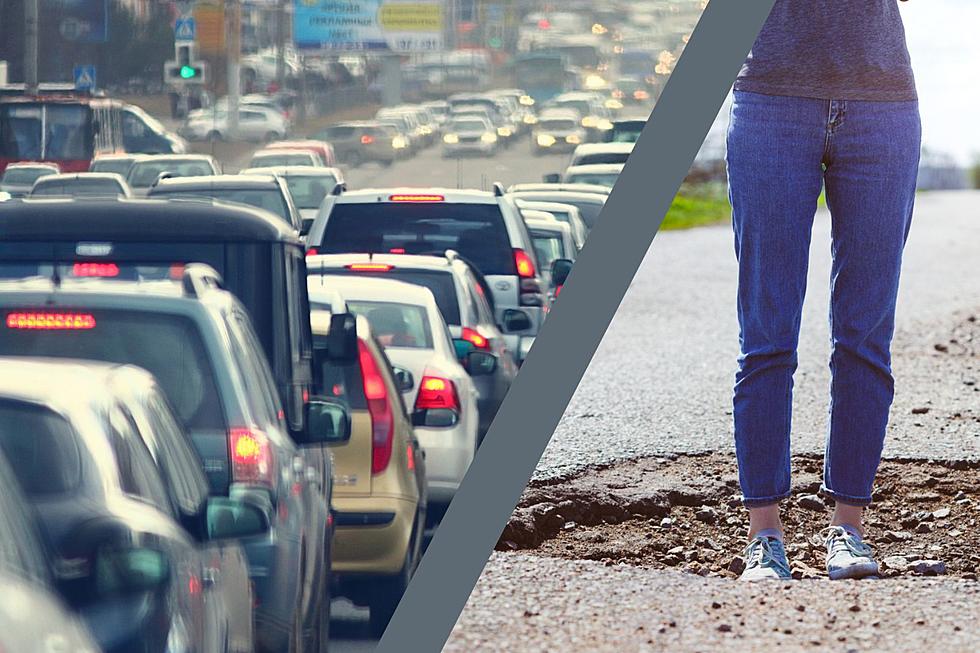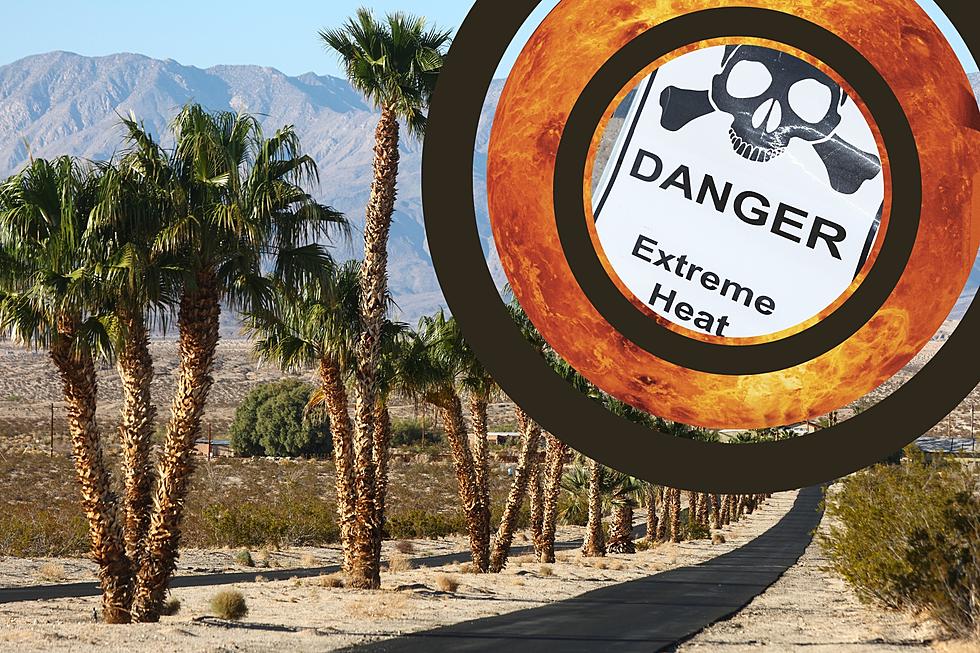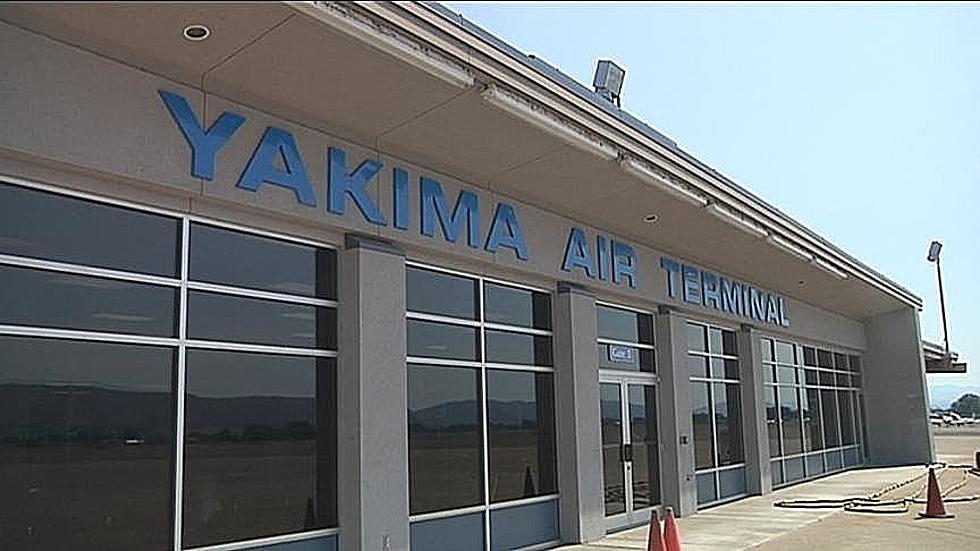
WSDOT official: New projects funded ‘in lieu’ of infrastructure maintenance
(the Center Square) - The Washington State Department of Transportation officials say they need $1.1 billion more annually to fully fund maintenance and preservation demand on the existing infrastructure.
However, WSDOT Deputy Director Amy Scarton says that it isn’t the lack of money, but how the state agency is directed by the Legislature to spend it.
“I’m not so sure, actually, that we need more funding, that we need more sources of funding,” she told the Washington State Transportation Commission at its Oct. 17 meeting. “We now have more funding (than) ever in the history of our state. It’s that we now have more funding…being directed to new build projects in lieu of preserving the ferry service, preserving the roads, preserving the bridges.”
Among the spending on new projects, programs and grants is almost $1 billion funded by state Legislature in its latest biennial transportation budget through revenues generated by the Climate Commitment Act.
Passed in 2021, CCA calls for quarterly “carbon auctions” that have this year generated more than $1 billion in revenue, which is placed into three large accounts. Within the Carbon Emissions Reduction Account are several subaccounts that include:
The Climate Active Transportation Account, which receives 24% of all revenue for the account.The Climate Transit Programs Account, which receives 56% of all revenue for the account.
In its 2023-25 transportation budget, the state Legislature allocated $970 million to WSDOT from these accounts to go toward a variety of environmental or carbon emission reduction projects. For projects that fall under Active Transportation, WSDOT received $178 million to pay for projects such as bike and pedestrian safety. For rail, freights, and ports, the state agency was allocated $109 million - $50 million of that is dedicated solely to match any federal grants related to work on a possible ultra high speed rail, which the state has looked at since 2017.
Another $120 million is dedicated toward projects related to commercial vehicle infrastructure and incentives toward alternative or green energy.
The largest investment from CCA revenue to WSDOT, $409 million, goes toward transit, with $189 million of that is set aside specifically for transit support grants.
While the transportation budget will invest a total of $2.6 billion over a six-year period on CCA-related transportation projects, Scarton told the WSTC they were disappointed with funding in the most recent budget for preservation.
“We’re in this space where the legislature will signal they’re getting the message…and yet when it came time to put the money where the policy is, we at WSDOT were less than enthused that we didn’t see those numbers go up,” she said.
While the state County Road Administrative Board recently proposed the use of CCA revenue to help plug funding gaps for its competitive grant program to replace roads and bridges, WSDOT has declined to take a stance on the issue. In an email to The Center Square, WSDOT Communications Director Kris Rietmann Abrudan wrote that “WSDOT’s role is to provide accurate, factual information about the performance of Washington state’s transportation system and ultimately it is up to the Legislature to determine how to fund those needs. It would be up to the Governor’s Office and ultimately the legislature to determine how Climate Commitment Act funds are allocated.
“WSDOT is already making good use out of Climate Commitment Act for allowable items in statute like active transportation, transit programs and projects, alternative fuel and electrification, ferries and rail all of which have direct climate and decarbonization benefits.”
Scarton told WSTC at the Oct. 17 meeting that “if we were budgeted like almost every other state agency in state government…that would be on our shoulders to make the determination about what part of the state needs more preservation funding. Unfortunately, that is not how the legislature funds the Department of Transportation.
She added: “We have more than 1,000 specific directions on how to spend the transportation dollars. If we have a construction run under (budget), we cannot move that to fund a preservation project that is solely needed. In general, we are working with the budget that is passed.”
More From News Talk KIT








![Toby Keith Sings ‘Made in America’ as He Makes His Triumphant Return to the Stage [Watch]](http://townsquare.media/site/204/files/2023/07/attachment-TobyKeith.jpg?w=980&q=75)
